“The Solar Suitcase can prevent me from infections because now I’m not using any torch light or using my mobile phone. I’ll just turn it on and see whatever I want to see and do whatever I want to do without touching anything. And it’s also safe for the mother. It will also prevent cross infection between me and the mother because I will not be touching this and touching that.” Uganda Midwife
As COVID-19 takes hold in Africa, clinicians in health systems already lacking resources are struggling to maintain essential services and also contain spread of the virus. We Care Solar is responding by accelerating our efforts to deliver clean reliable electricity to health facilities in need.
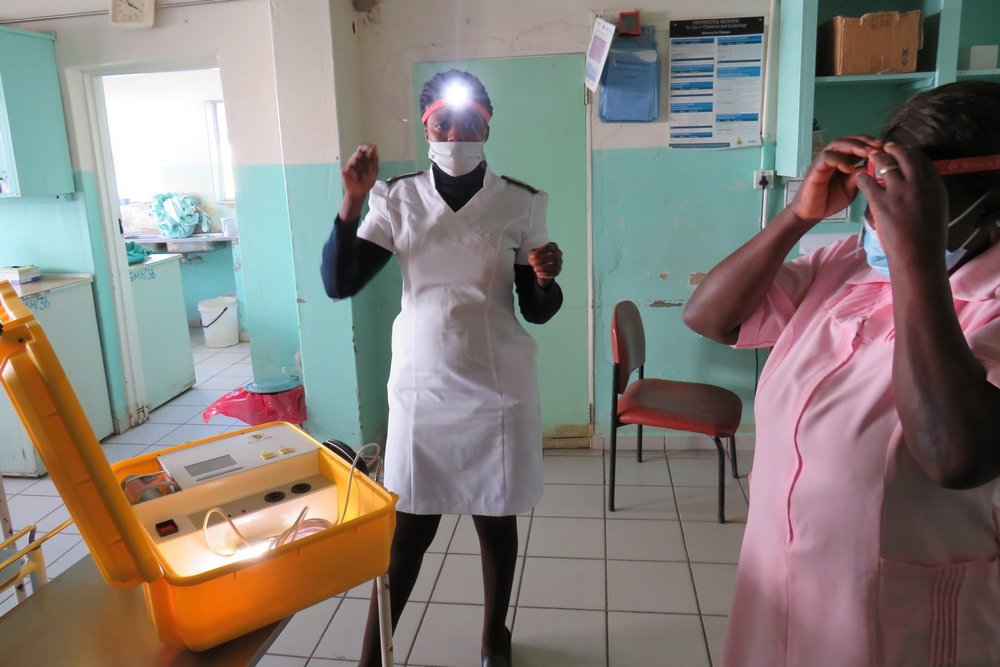
As they respond to COVID-19 and the needs of their communities, health workers must ensure their own safety. To keep their hands free for obstetric care, many midwives rely on cell phones that they hold in their mouths as their only source of light. Health workers using cell phones in this way increase their personal risk of infection. Our overhead lighting and headlamps remove this risk.
In addition to lights, the fetal Doppler and infrared thermometer included within the Solar Suitcase also improve infection control. The Doppler allows midwives to hear the fetal heart rate without lowering their heads close to the maternal abdomen. The no-touch infrared thermometers allow health workers to screen new patients for fever before they enter the facility.
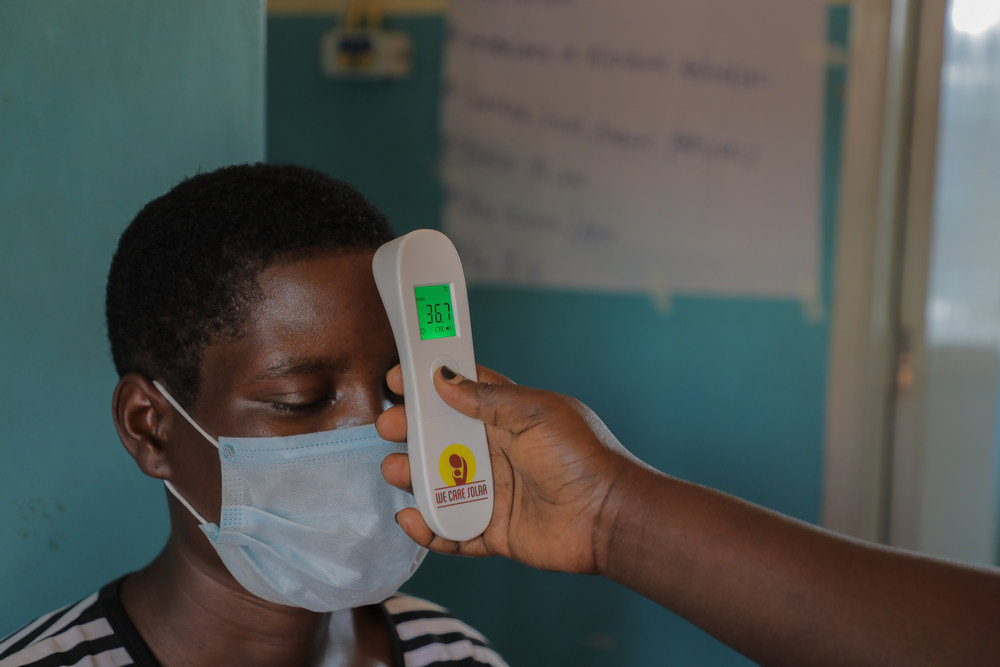
Public health departments in Africa are strategizing how to isolate and monitor persons most at risk for COVID-19. Government agencies are containing the spread of COVID-19 by using repurposed schools and tents to temporarily monitor persons considered at-risk for COVID-19. By keeping these persons under isolation and away from other family members, it is hoped that community spread will be decreased. These important community centers need light and power!
We are working with ministries of health partners to establish the highest priority needs.
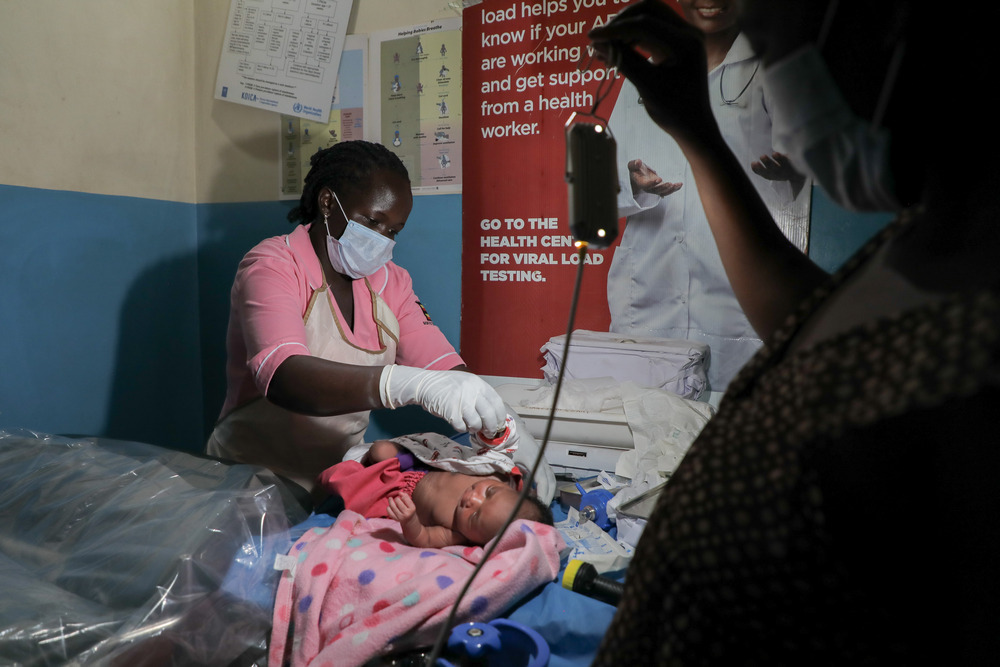
Without health facility lighting, families are reluctant to obtain vital health services. This is particularly true during epidemics, where expectant mothers may be tempted to deliver at home without skilled care, increasing the risk of childbirth complications. There is significant concern that COVID-19 will erode recent gains in MCH care.
By visibly improving the functionality of rural health centers and promoting health-seeking behavior by community members, the Solar Suitcase will help protect primary care services, especially those administered at night.
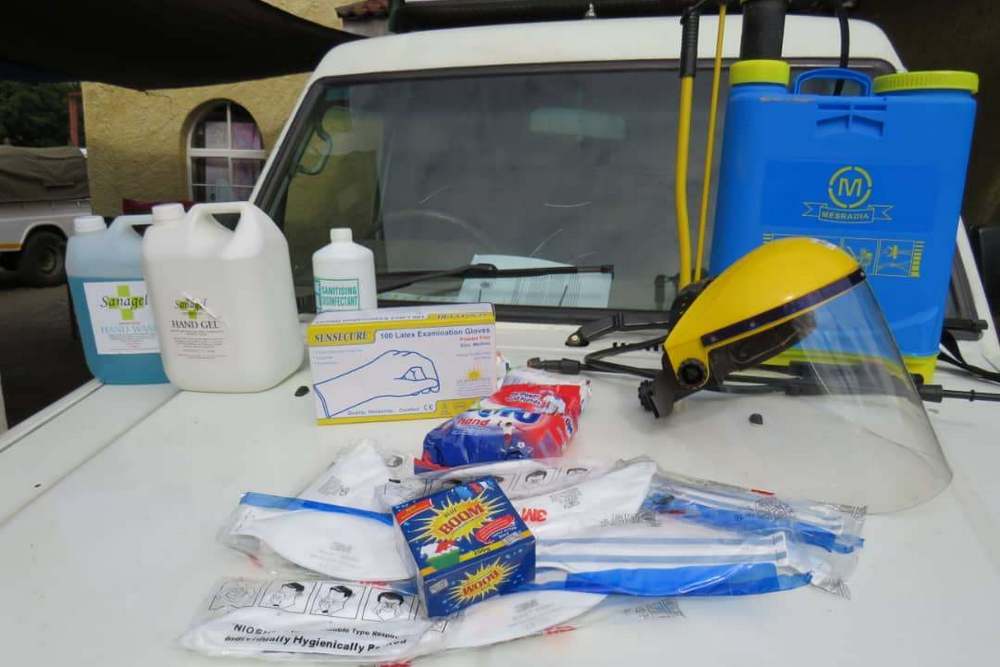
Local and national government agencies have told us that Solar Suitcase lighting is part of the PPE – personal protective equipment – for every health provider. Solar Suitcase installations are considered an essential medical activity and we have government authority to continue Solar Suitcase installations even during national lockdowns.
To minimize the spread of infection during installations, we developed safety guidelines to protect our solar installers and to reduce the risk of spreading infection from one health facility to the next. Guidelines include frequent hand washing, disinfecting equipment, social distancing, wearing masks, and using gloves. We provide soap, disinfectants, masks, and Jerry cans of water to our installers to allow them to wash hands frequently without drawing from health center resources.
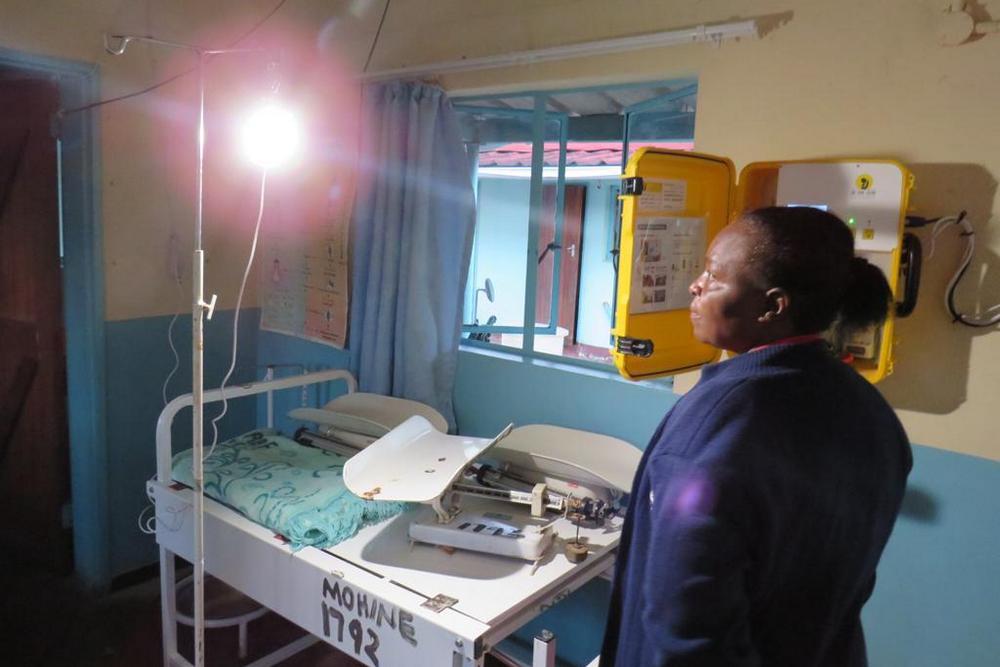
There has never been a more important time for reliable light and power. Around the world, public health officials are planning for the provision of health care to unprecedented numbers of patients affected by COVID-19. Electricity is essential for the delivery of prompt, appropriate medical care. With infectious disease, such as COVID-19, the need for reliable electricity becomes paramount. You can help! Your donation will enhance the capacity of public health departments to better contain the spread of COVID-19, provide diagnostic services, and enhance maternal healthcare.
2140 Shattuck Avenue, Suite 305
Berkeley, California, 94704 USA
(510) 766-0206
Federal Tax ID#: 30-0627106